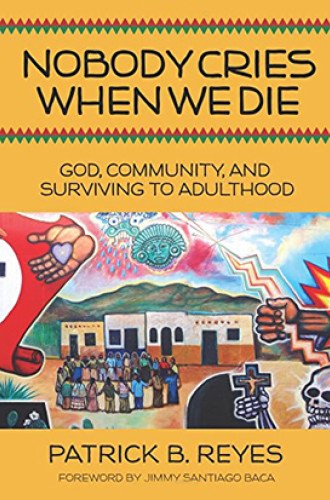The vocation of surviving
Patrick B. Reyes reflects on the soils that have sustained him—and those that have poisoned him.
Patrick B. Reyes offers one of the most arresting insights I’ve ever read regarding how institutions of theological education interpret experiences that fall outside the white, middle-class norm. Reyes says his seminary classmates “wanted my story, but they didn’t want the voice and body that came with it. They wanted me to be the narrative, while they got to be the theory.”
As a Latino boy, Reyes grew up surrounded by violence in his Southern California home and in his neighborhoods—violence perpetrated not only by gang members on the street, but also by those who were supposed to protect him, including the police and adult men in his home. Yet he kept faith with his family, friends, and those alongside whom he labored in agricultural fields.
Meditating on the various “soils” that sustain people, Reyes credits his grounding for giving him the perseverance to get through seminary and doctoral work. Eventually he finished his education as a theorist of Christian education and attained a series of administrative positions by which he could shape the very spaces of theological education that once were closed to him. He currently serves as director of Strategic Partnerships for Doctoral Initiatives for the Forum for Theological Exploration.





